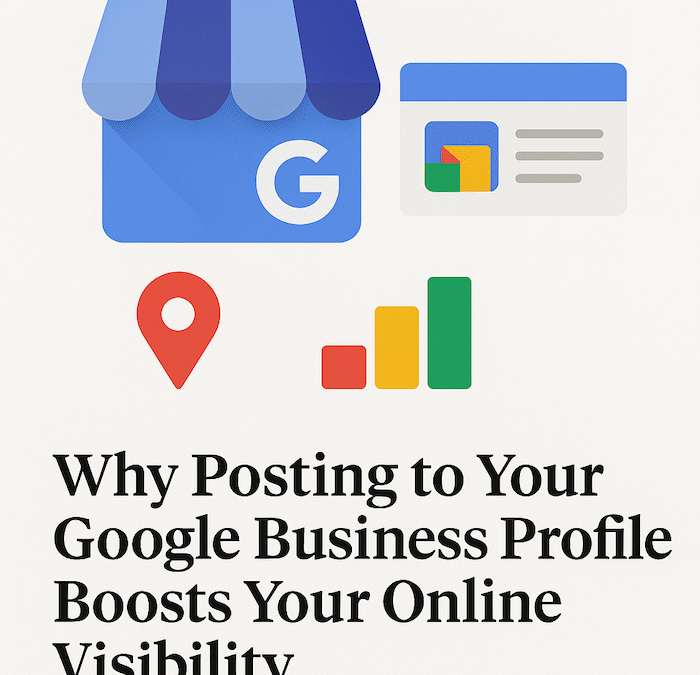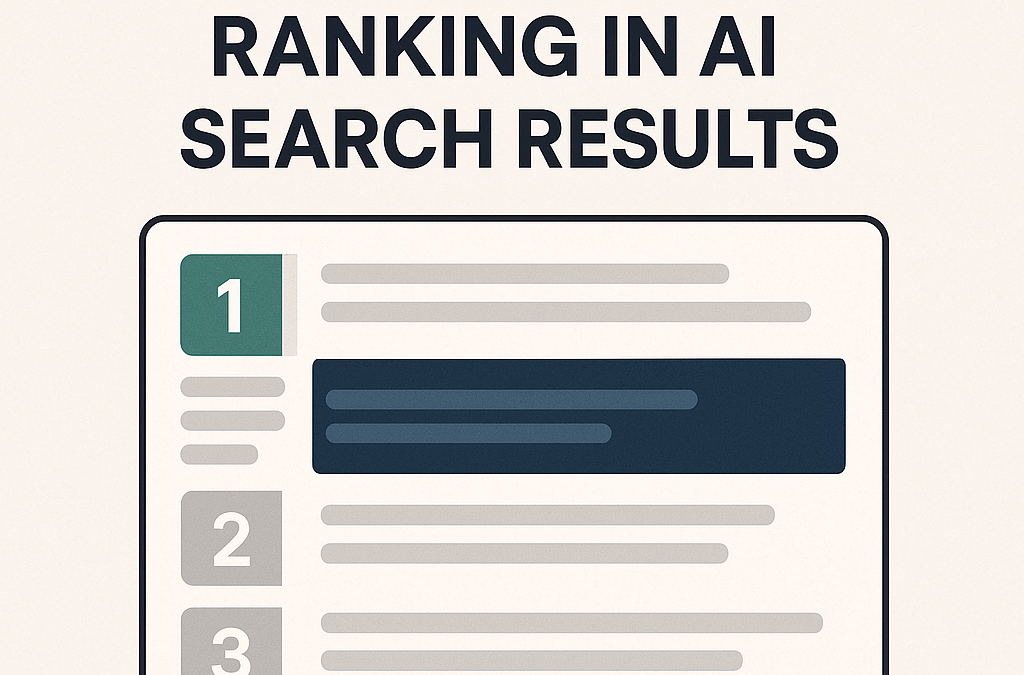In the rapidly changing realm of the digital world, marketing has emerged as an intricate field. Not only does it encompass an array of strategies and techniques, but it also constantly evolves to effectively promote products and services online. Let’s delve deeper into this realm of digital marketing, touching upon its key principles, trending aspects, and best practices.
Understanding Digital Marketing
At its core, digital marketing signifies the application of digital technologies – including the internet, social media, mobile devices, and other digital media – to promote products or services. This dynamic method of marketing is all about drawing the attention of potential customers, engaging them, nurturing brand recognition, and driving sales and revenue.
For instance, a new clothing brand might launch an online advertising campaign to introduce its product line to potential customers. Using digital marketing techniques like social media promotion and email marketing, they can reach a broad audience, introduce their brand, and ultimately drive sales.
Exploring the Digital Marketing Strategies
To achieve their marketing objectives, businesses can utilize a plethora of digital marketing strategies. Here’s a deeper look at these strategies:
Search Engine Optimization (SEO)
SEO involves refining your website and its content to augment its visibility in the search engine results pages (SERPs). Enhanced search engine rankings can draw in more organic traffic to your website. For example, if a company sells handmade soap, optimizing its site might involve creating engaging and keyword-rich content about the benefits of natural soap ingredients.
Pay-Per-Click Advertising (PPC)
PPC is a category of online advertising where the advertisers pay a fee each time their ad is clicked. It includes search engine ads, social media ads, and display ads. For instance, an online shoe retailer might use PPC ads on Google to appear at the top of the search results for “buy running shoes online”.
Social Media Marketing
This strategy involves promoting your brand and interacting with your audience on social media platforms like Facebook, Twitter, and Instagram. This might involve organic posts, sponsored content, and paid ads. A gourmet chocolate brand might use Instagram to showcase its luxurious treats, engage with fans, and host giveaways to grow its following.
Content Marketing
This method involves crafting and disseminating high-quality content such as blog posts, videos, and infographics designed to entice and engage potential customers. A fitness coach, for instance, might publish blog posts about workout tips or create videos demonstrating specific exercises.
Email Marketing
Email marketing entails sending promotional emails to subscribers to boost your brand recognition and stimulate sales. This includes newsletters, promotional offers, and automated emails. An online bookstore might use email marketing to alert customers about new book releases or promotional discounts.
Digital Marketing Channels: The Pathways to Reach Potential Customers
To communicate with potential customers, businesses employ various digital marketing channels. These channels are crucial for conveying the brand’s message effectively.
Search Engines
Platforms like Google, Bing, and Yahoo! are predominantly used by consumers to garner information about products and services. For instance, an individual seeking a high-quality printer might use Google to research different models and read reviews.
Social Media
Platforms like Facebook, Twitter, and Instagram facilitate a direct connection with potential customers and aid in strengthening brand recognition. For example, a new coffee shop might use Instagram to share photos of its beverages and cozy interior, enticing local coffee lovers to visit.
Email marketing is a powerful instrument for fostering customer relationships and stimulating sales. A skincare company might send personalized emails to customers recommending products based on their previous purchases.
Content Marketing
Content marketing channels draw and engage potential customers through blogs, videos, and other types of content. A home decor brand might maintain a blog full of home styling tips, showcasing its products in various aesthetic settings.
Display Advertising
These are online advertisements that appear on websites and digital platforms. For instance, a company selling hiking gear might run display ads on outdoor adventure blogs.
Measuring Success: Key Performance Indicators (KPIs)
To evaluate the effectiveness of digital marketing campaigns, tracking Key Performance Indicators (KPIs) is crucial. These metrics include:
Website Traffic
The number of visitors to your website is a telling measure of your digital marketing efforts’ effectiveness. A significant increase in traffic after launching a new ad campaign may indicate its success.
Conversion Rates
The percentage of visitors who complete a desired action on your website (like making a purchase) helps measure your digital marketing campaign’s success. For instance, if 5% of website visitors purchase a product after viewing a product demonstration video, the conversion rate for that video is 5%.
Click-Through Rates (CTR)
The proportion of people who click on your ads can help gauge the efficacy of your digital advertising campaigns. A higher CTR usually indicates more effective ad copy or targeting.
Cost per Acquisition (CPA)
The money spent to acquire a new customer can indicate your marketing campaign’s efficacy. If your CPA is lower than the average lifetime value of a customer, your marketing efforts can be considered successful.
Harnessing Digital Marketing Tools
A wide array of digital marketing tools are available to aid businesses in optimizing their campaigns and tracking their outcomes. Some popular ones include:
Google Analytics
This free tool allows businesses to monitor website traffic, measure conversions, and gain insights into their audience. It provides data on visitor demographics, behavior, and conversion, which can aid in refining marketing strategies.
Keyword Research Tools
Google Keyword Planner and SEMrush help businesses identify keywords that potential customers are searching for. By integrating these keywords into their content and advertising campaigns, businesses can enhance their search engine rankings.
Social Media Management Tools
Tools like Hootsuite and Buffer allow businesses to manage their social media accounts and schedule posts in advance. They offer the capability to plan posts across multiple platforms, monitor social media conversations, and analyze the performance of their social media campaigns.
Email Marketing Tools
Tools like Mailchimp and Constant Contact helps businesses send promotional emails to subscribers. They offer features like customizable templates, automated email sequences, and detailed analytics to measure campaign performance.
Paid Advertising Platforms
Platforms like Google Ads, Facebook Ads, and LinkedIn Ads assist businesses in reaching their target audience with precision-targeted ads. By using these platforms, businesses can amplify their reach and boost brand awareness while controlling their budget.
Valuable for Your Business
Overall, digital marketing tools can be a valuable asset for businesses looking to optimize their campaigns and track their results. By using these tools, businesses can gain valuable insights into their audience, improve their search engine rankings, and drive targeted traffic to their website.









